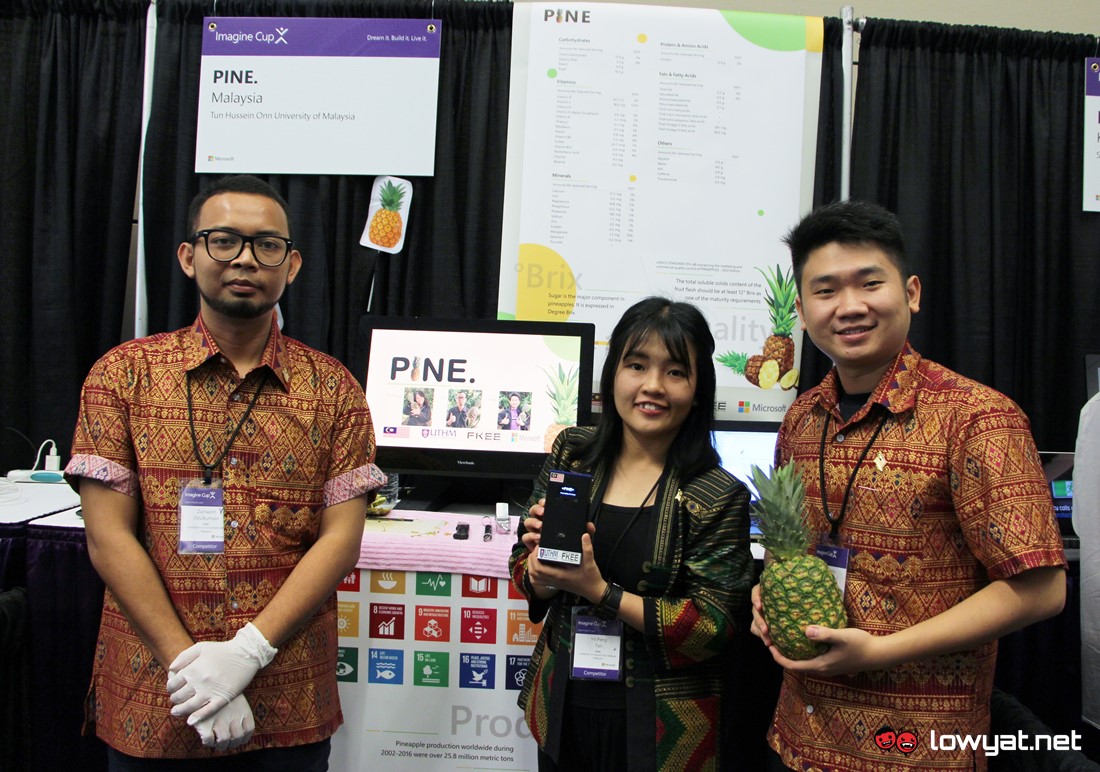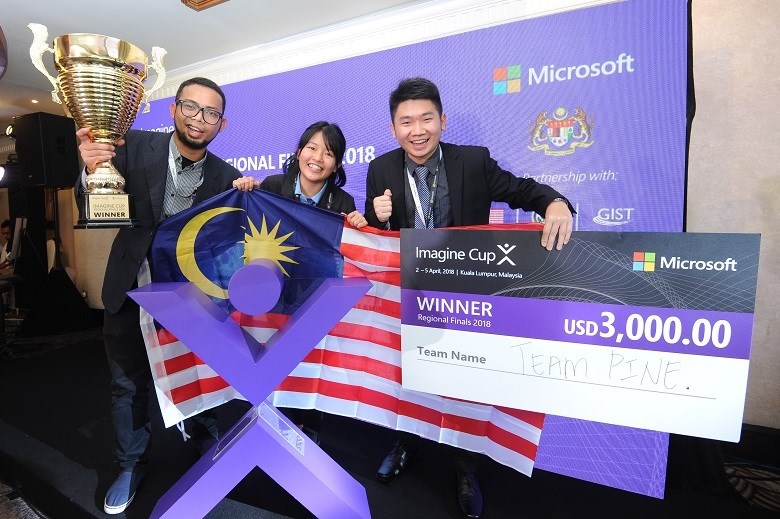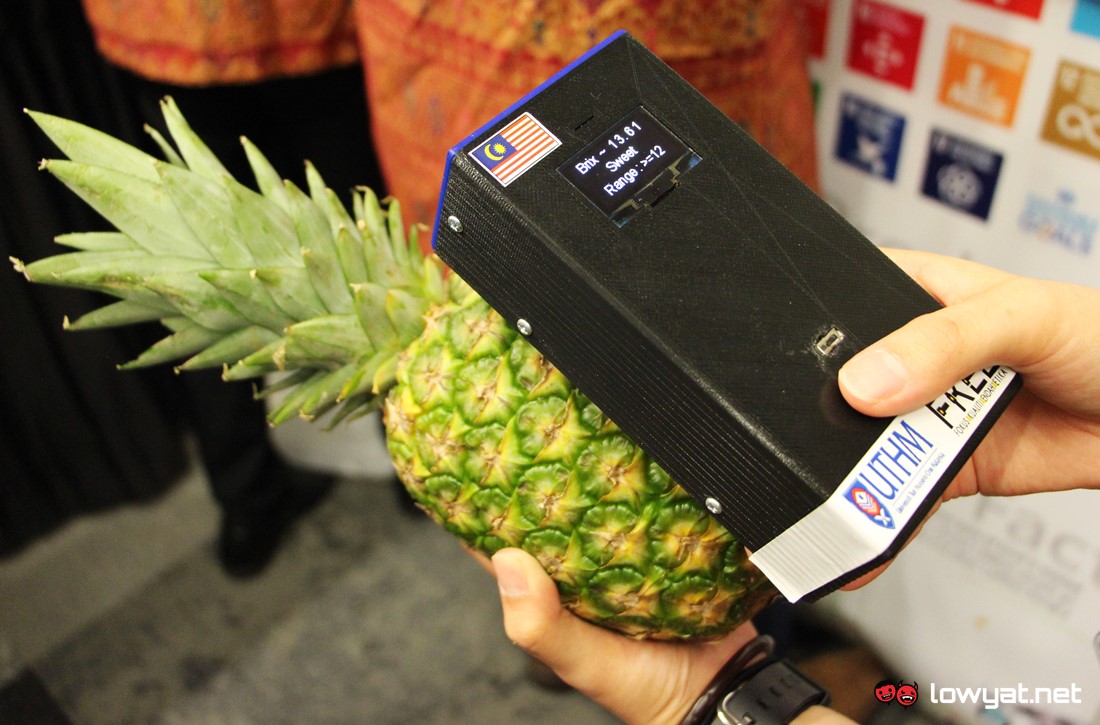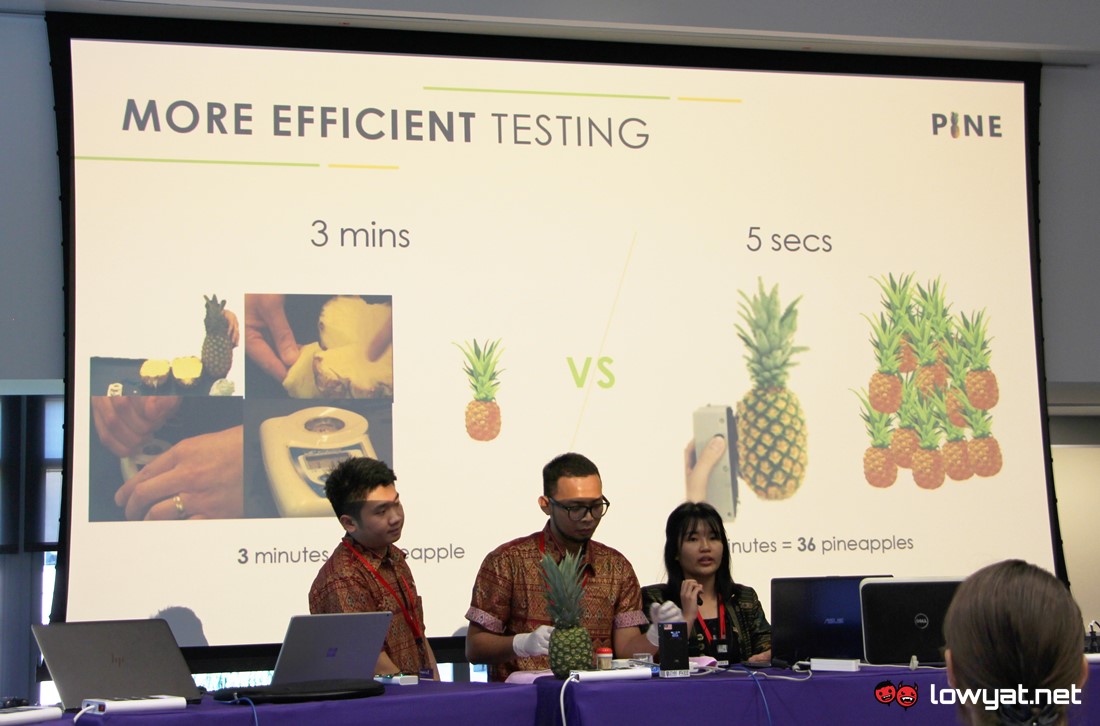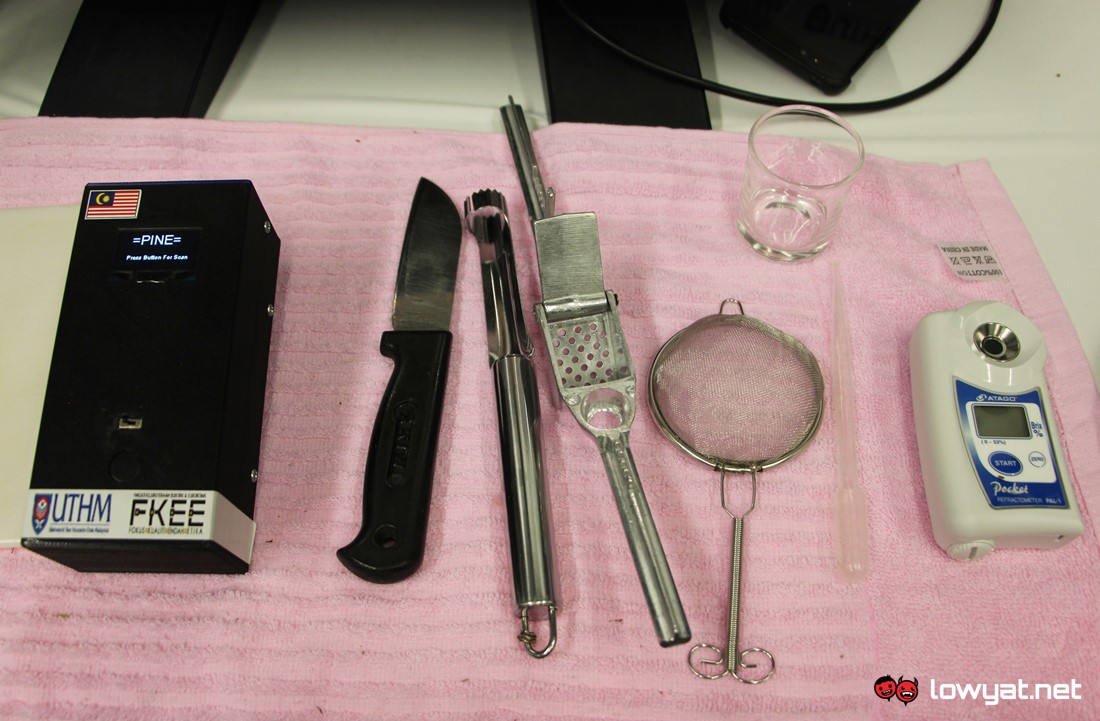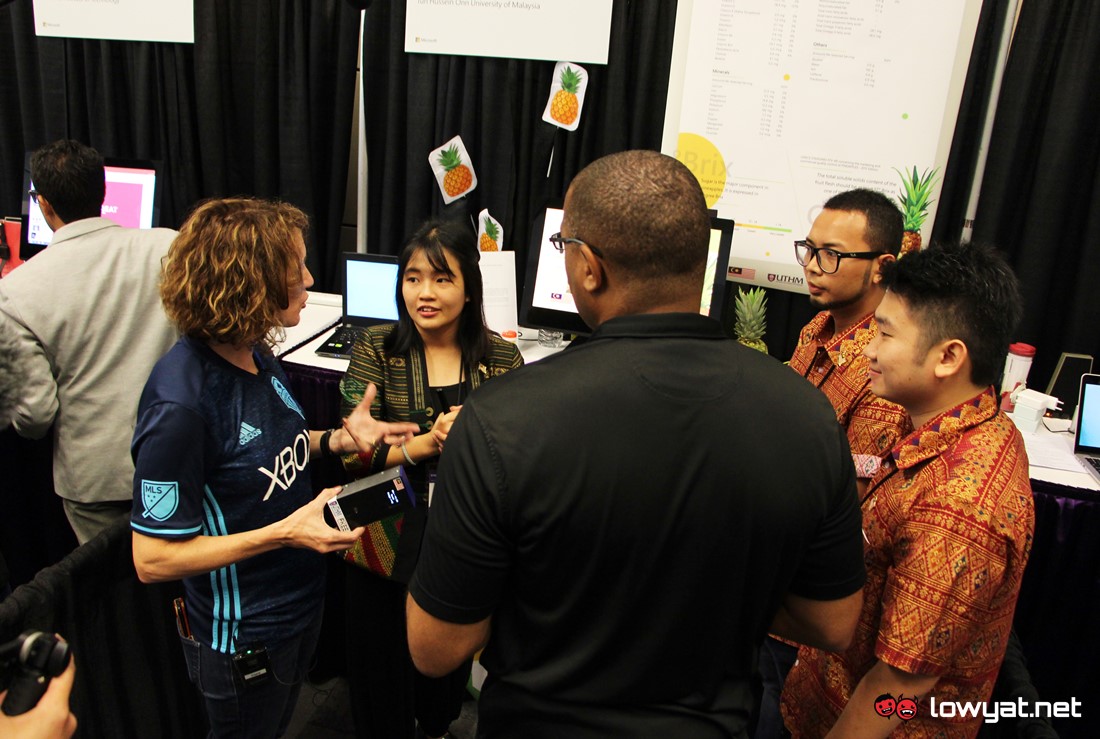Microsoft might have been known for its signature products such as Windows, Office, Surface, and Xbox but it has also pursued several initiatives outside of its consumer efforts in various fields over the years. One of them is Imagine Cup, the company’s annual technology competition for students throughout the world which is currently in its 16th year.
It goes without saying that some of our country’s brightest minds have also participated in the competition every year. For the Imagine Cup 2018, Malaysia is represented by Team PINE who qualified to the World Finals when they became the champion at the Imagine Cup Asia Pacific Regional Finals. The team also took part in the Big Data category for this year’s Imagine Cup Awards.
Hailing from the Faculty of Electrical and Electronic Engineering at Universiti Tun Hussein Onn Malaysia (UTHM), Team PINE is consisted of three members: Tan Yit Peng, Yap Xien Yin, and Zulnazim Dzulkurnain. Armed with their interest and research experiences in optical sensing, machine learning, and Internet of Things together with guidance from their mentor Dr. Chia Kim Seng, they have come out with a non-intrusive method to perform Brix test – one of the most common way to test the quality of fruits – on pineapples.
Specifically, Team PINE’s solution comes in the form of a handheld optical-based scanner which is wirelessly connected to an Azure-based backend system for data processing. The team also utilizes machine learning to ensure the accuracy of its solution.
The conventional Brix test method requires the pineapple to be cut out before its juice can be extracted from a specific area into a refractometer which would take at least 3 minutes to be completed. As a comparison, Team PINE’s solution is able to provide the Brix test result in just 5 seconds.
According to Yit Peng, the team have actually improved the system further for the Imagine Cup World Finals by making it less susceptible to external interference. At the same time, Xien Yin stated that the accuracy of their solution is currently rated at around 90% although the team believes that the rate can be further improved by having bigger sample sets for their machine learning algorithm to process.
However, to carry over their solution from Batu Pahat to Redmond for Imagine Cup World Finals 2018 does come with one particular challenge: they have to present it at the event using pineapples that they procure upon arrival in United States even though the solution was developed using local pineapples. This is because the regulations they need to fulfill before they can carry agricultural products into United States alongside the freshness factor.
Hence, the reading is slightly different from what they have recorded in Malaysia. Nevertheless, the team is confident that their solution will still be accepted well by the judges at Imagine Cup due to its universal appeal.
While the idea of a pineapple scanner might seem rather simple or even trivial to some people out there, the motivations behind Team PINE’s solution are actually quite solid. One of them is to meet goal number 12 on the Sustainable Development Goals list by United Nations: responsible consumption and production.
As mentioned earlier, the traditional quality test for a pineapple is via refractometer which requires the fruit to be cut in order to extract its juice for testing. The fruit would be then discarded or processed for non-human consumption which lead to thousands of pineapples being wasted just for testing alone.
Aside from helping to reduce the wastage made by the testing process, Team PINE’s creation also performs much faster than the conventional method. Hence, the team hope that their solution could become a catalyst to help improve the local pineapple industry which is rather apt since Johor, the state where UTHM itself is located, is the biggest pineapple producer in Malaysia.
Follow us on Instagram, Facebook, Twitter or Telegram for more updates and breaking news.

